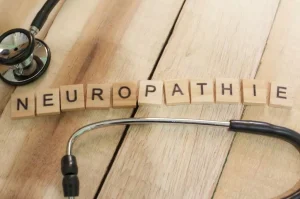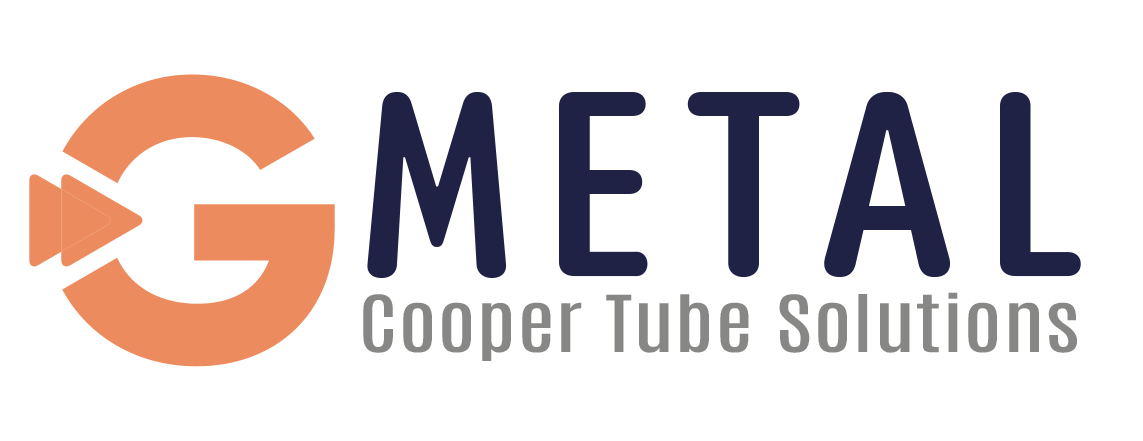Certified Substance Abuse Counselor vs Therapist vs Psychologist

Level 3.1 offers 24-hour low-intensity treatment for both adults and adolescents in a residential setting like a big house in which multiple people live. Treatment is designed to meet the multidimensional needs of people with addiction and comorbid conditions. People may attend the program during the day (before or after work) or in the evening and/or the weekends. Level 1 care is ideal for individuals who have busy schedules and a strong personal support system. The regularly scheduled sessions take place at a nonresidential treatment center or a practitioner’s office and are administered by addiction professionals or trained clinicians.
- Dr. Zuckerman received her undergraduate degree from The Ohio State University and her doctorate in clinical psychology from La Salle University.
- Dealing with a loved one’s mental illness and substance abuse can be painful and isolating.
- In some states, licensed professional counselors have the authority to diagnose mental health conditions.
- Untreated mental health conditions can affect not just the mind but also the body, and interfere with relationships and work.
Level II: Intensive outpatient / partial hospitalization treatment
A substance abuse problem is not defined by what drug you use or the type of alcohol you drink, though. Rather, it comes down to the effects your drug or alcohol use has on your life and relationships. In short, if your drinking or drug use is causing problems in your life, you have a substance abuse problem. The symptoms of an untreated mental health condition can interfere with your day to day. If you or a loved one need support, reach out to a healthcare provider about treatment options and whether mental health counseling is right for you. Licensing requirements vary from state to state, but in general, mental health counselors hold an accredited master’s degree in counseling and have 2 to 3 years of supervised counseling practice.
Helping a loved one with a dual diagnosis
Like therapists, licensed independent substance abuse counselors can provide services outside of an agency. However, each type of professional is authorized to do something different in a private practice setting. Put simply, therapists are licensed to treat mental health conditions and substance abuse counselors (when licensed) are licensed to treat substance use disorders. We are fortunate to be in a time when substance use disorders and mental health issues are beginning to lose some of their stigmas.

Compare the Practice Differences for Mental Health Professionals
When you’re doing things you find fulfilling, you’ll feel better about yourself and substance use will hold less appeal. Your chances of staying sober improve if you are participating in a social support group like Alcoholics Anonymous or Narcotics substance abuse counseling Anonymous or if you are getting therapy. Thoughts and feelings can trigger these symptoms, as can words, objects, or situations that are reminders of the event. Find the latest NIH and NIMH policies, guidance, and resources for clinical research.
How Do I Find the Right Substance Abuse Counselor near Me?
- Peer recovery supportThere are many support groups available—based on the type of issue you’re dealing with.
- People may experience a range of reactions after trauma, and most people recover from initial symptoms over time.
- It is common for someone to receive a dual diagnosis and to undergo treatment for both conditions at the same time.
Family History
- First, social media has inevitably affected the practice of psychology.
- But substance abuse and mental health issues can happen to any of us.
- The extended clinical training of the two year-long practicums, the year-long pre-doctoral internship, and the year-long postdoc experiences were of great interest to me.
- Make sure to narrow down the general population you wish to work with (i.e., children vs. adults) as this can help to determine the program you choose.
- They’re experts on the ins and outs of addiction and develop tailored treatment plans based on your specific addiction, needs and goals.



Leave a Reply
Want to join the discussion?Feel free to contribute!